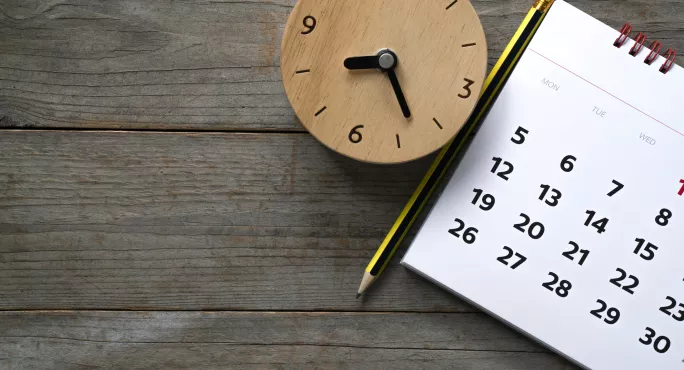Covid: State pupils twice as likely to feel ‘behind’

State school A-level pupils are more than twice as likely as their privately educated peers to say they have fallen behind as a result of the pandemic, a study has shown.
Over a third (37 per cent) of state school students thought they had fallen behind their classmates compared to just 15 per cent of those who attended independent schools, according to a joint study from University College London and The Sutton Trust.
The Covid Social Mobility and Opportunities (COSMO) study is based on 13,000 students that were in Year 10 when the Covid pandemic first hit in the 2019-20 academic year.
It also found that in the 2020-21 academic year, nearly one in five (18 per cent) of those then Year 11 pupils missed more than 20 days of school.
Overall, the study found that over half (53 per cent) of young people surveyed had taken part in at least one type of catch-up activity, although the most commonly reported was additional online classes students could watch, re-watch or join from home, rather than small group tutoring, which has been funded by the government as part of efforts to help schools recover lost learning.
It also found that even with the existence of the National Tutoring Programme - the government’s flagship catch-up scheme - young people at independent schools were more likely to be offered tutoring.
Only four in ten (41 per cent) of Year 11 state comprehensive school pupils reported being offered some form of tutoring, compared to over half (52 per cent) of independent school pupils.
- Background: Miss tutoring form deadline and we’ll reclaim cash, DfE tells heads
- NTP: Catch-up tutors run lessons for ‘ghost pupils’
- Related: Randstad says schools lack ‘bandwidth’ to sign up to NTP
Dr Jake Anders, associate professor and deputy director of the UCL Centre for Education Policy and Equalising Opportunities (CEPEO), and COSMO’s principal investigator, said the study showed “strong signs” that the pandemic had “severely widened existing inequalities” and that this had not “been fully addressed” by the policy response.
Sir Peter Lampl, founder and chairman of the Sutton Trust, said that while all young people had been affected by the pandemic, there was “clear evidence” that students from less well-off households had been impacted most.
And he added: “Funding provided so far for catch-up has been a drop in the ocean.”
Geoff Barton, general secretary of the Association of School and College Leaders, said that the study was “a much-needed reminder that the educational impact of the pandemic is still being felt by young people across the country”.
“The education recovery money provided by the government has been nowhere near enough to mitigate against the major disruption experienced over the last two years”, he added.
The researchers behind the COSMO study said that support offered for catch-up across all school years totals around £4.9 billion. They add that this means, as “a rough comparison”, that the UK government has supported education recovery with just a third of the cash that the US has injected to help students catch up, as the $122 billion rescue plan for schools there was “the equivalent of about £15.5 billion in England adjusting for population size”.
Dr Mary Bousted, joint general secretary of the NEU teaching union, said the findings in this report laid “bare the inadequacy of the government’s response to the pandemic”.
“Our own members tell us that the most effective intervention would be to increase the numbers of teachers, something that very few schools have been able to do. This comes down to a fundamental question of funding”, she added.
The Department for Education has been contacted for comment.
You need a Tes subscription to read this article
Subscribe now to read this article and get other subscriber-only content:
- Unlimited access to all Tes magazine content
- Exclusive subscriber-only stories
- Award-winning email newsletters
Already a subscriber? Log in
You need a subscription to read this article
Subscribe now to read this article and get other subscriber-only content, including:
- Unlimited access to all Tes magazine content
- Exclusive subscriber-only stories
- Award-winning email newsletters



